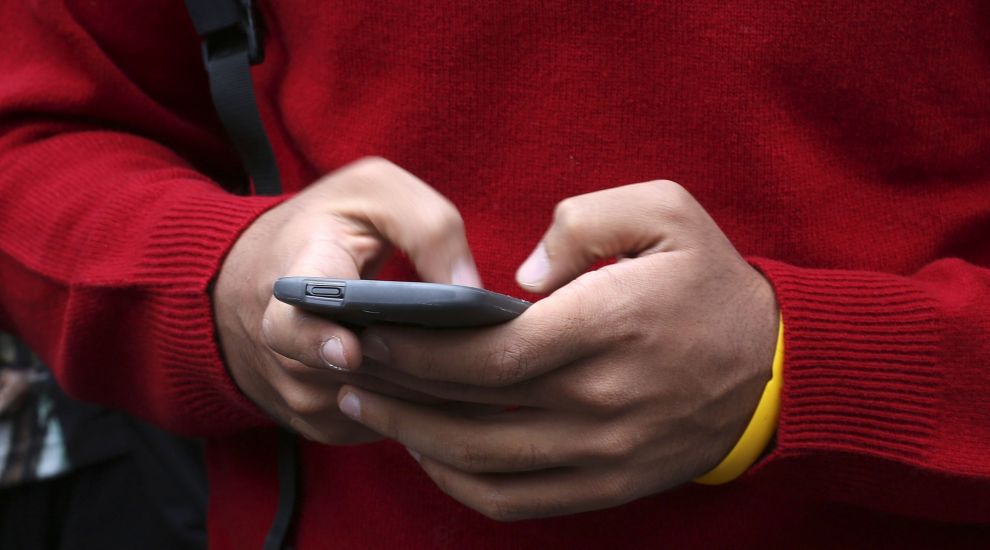
An ad for the app PopJam that encouraged users to “get likes and followers” has been banned over concerns it could be detrimental to children’s mental health and self-esteem.
The television ad, seen in July on CITV, showed virtual artwork of users of PopJam, an app designed for seven to 12-year-olds.
Large text stated “likes” and “followers” with an image of a number rising quickly from 96 to 10,000, while a female voiceover stated: “Get likes and followers to level up.”
The case is the first time the Advertising Standards Authority (ASA) has looked at the specific issues surrounding encouraging children to get “likes” or “followers”, and is the result of a viewer complaining that the ad could cause harm to those aged under 18.
SuperAwesome Trading, trading as PopJam, said the app allowed children to participate in creative challenges and connect with others as a result of positive digital engagement.
PopJam acknowledged the statistic in Ofcom’s report on Children and Parents: Media Use and Attitudes that 78% of 12 to 15-year-olds who use social media or messaging sites felt pressure to look popular, but said it was also recognised that negative pressures were balanced by positives, and nine in 10 children felt that social media made them feel happy or helped them feel closer to friends.
Ad clearance agency Clearcast said it did not believe that problems with social status on social media could result from “simply unlocking levels to enjoy a game”.
Upholding the complaint, the ASA said the app was likely to give children the impression that popularity on social media was something that should be pursued because it was desirable in its own right.
The ASA said: “We were therefore concerned that the ad’s encouragement to gain likes and followers could cause children to develop an unhealthy perception that popularity on social media was inherently valuable, which was likely to be detrimental to their mental health and self-esteem.
“As such, we concluded that the ad was likely to cause harm to those under 18 and was irresponsible.”